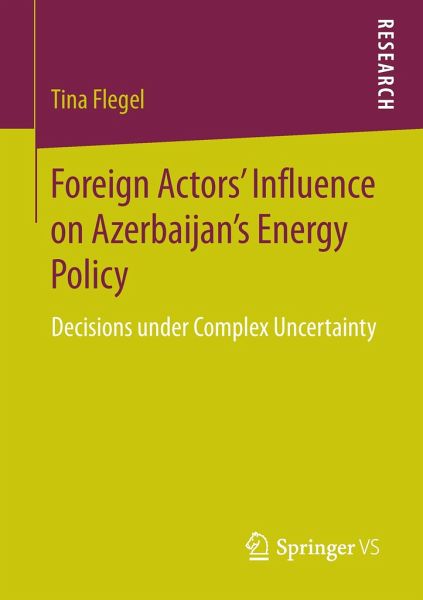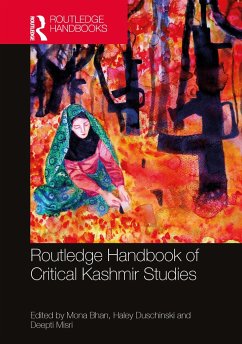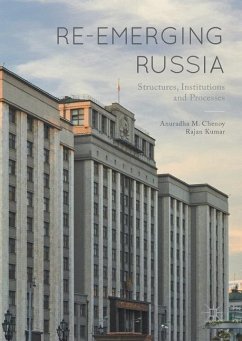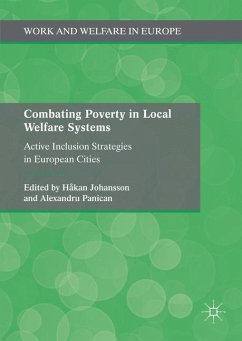
Foreign Actors' Influence on Azerbaijan's Energy Policy
Decisions under Complex Uncertainty

PAYBACK Punkte
19 °P sammeln!
The author traces several energy policy decisions taken between 2006 and 2013 in Azerbaijan to find out how international actors tried to influence policy-making. The book facilitates understanding of the political mechanisms, threats and opportunities that characterize activities in Azerbaijan's energy sector illustrating strategic pitfalls and chances. Based on a detailed country analysis and the in depth comparison of four policy cases, the book deduces the political elite's rationale, and its practical consequences for transnational relations. It is relevant for scholars studying the polit...
The author traces several energy policy decisions taken between 2006 and 2013 in Azerbaijan to find out how international actors tried to influence policy-making. The book facilitates understanding of the political mechanisms, threats and opportunities that characterize activities in Azerbaijan's energy sector illustrating strategic pitfalls and chances. Based on a detailed country analysis and the in depth comparison of four policy cases, the book deduces the political elite's rationale, and its practical consequences for transnational relations. It is relevant for scholars studying the political economy of rentier states and regimes in the authoritarian realm, as well as for young strategists in organizations that conduct business in countries dominated by tight informal networks.














